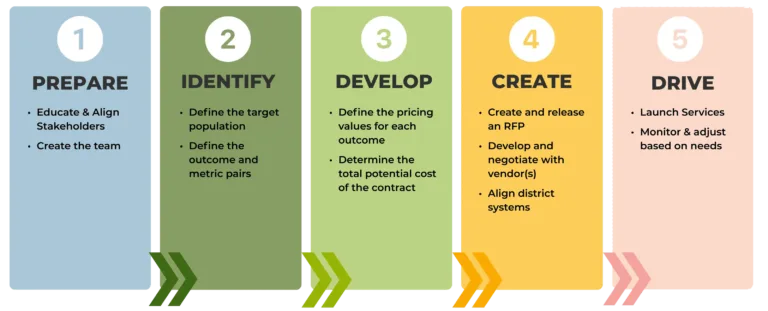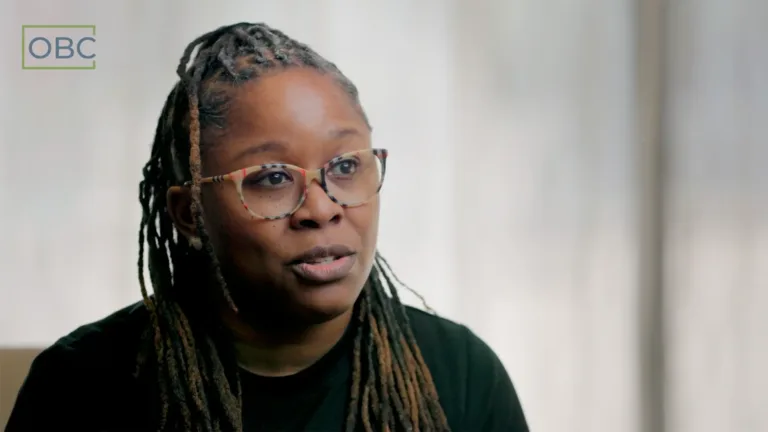
Now Recruiting: California Fall 2026 Cohort
California districts: now is the time to transform how you contract for tutoring services.
Launching October 2026, the Center for OBC is partnering with the California Department of Education’s Expanded Learning Division and the California Collaborative for Educational Excellence to support up to 10 districts in designing and implementing high-dosage tutoring programs that tie payment to measurable student outcomes.
This is your opportunity to embed student outcomes in contracts, strengthen program quality through mutual accountability with providers, and build district capacity for data-informed purchasing—all while contributing to state and national research on effective tutoring practices.
Learn from successful California models like Santa Ana USD and Milpitas USD. Districts receive expert coaching, exclusive OBC tools, and evaluation support—all at no cost to participate.
The OBC Cohort is a game-changer
Watch the video about how states and districts find success in accountability through coaching, resources, and experience in an OBC Cohort.
By participating in a OBC Cohort, you’ll gain access to:
- Shared Learning: Engage with fellow state and district leaders in virtual workshops, sharing insights and best practices for successful implementation.
- Individual Coaching: Work alongside national OBC experts who will provide individualized coaching and support throughout the process.
- Implementation Resources: Receive hands-on support and resources for practical implementation of outcomes based contracting within your state or district.
- Sustainable Empowerment: Prioritize student success by adopting financially sustainable practices that drive academic growth and achievement.



